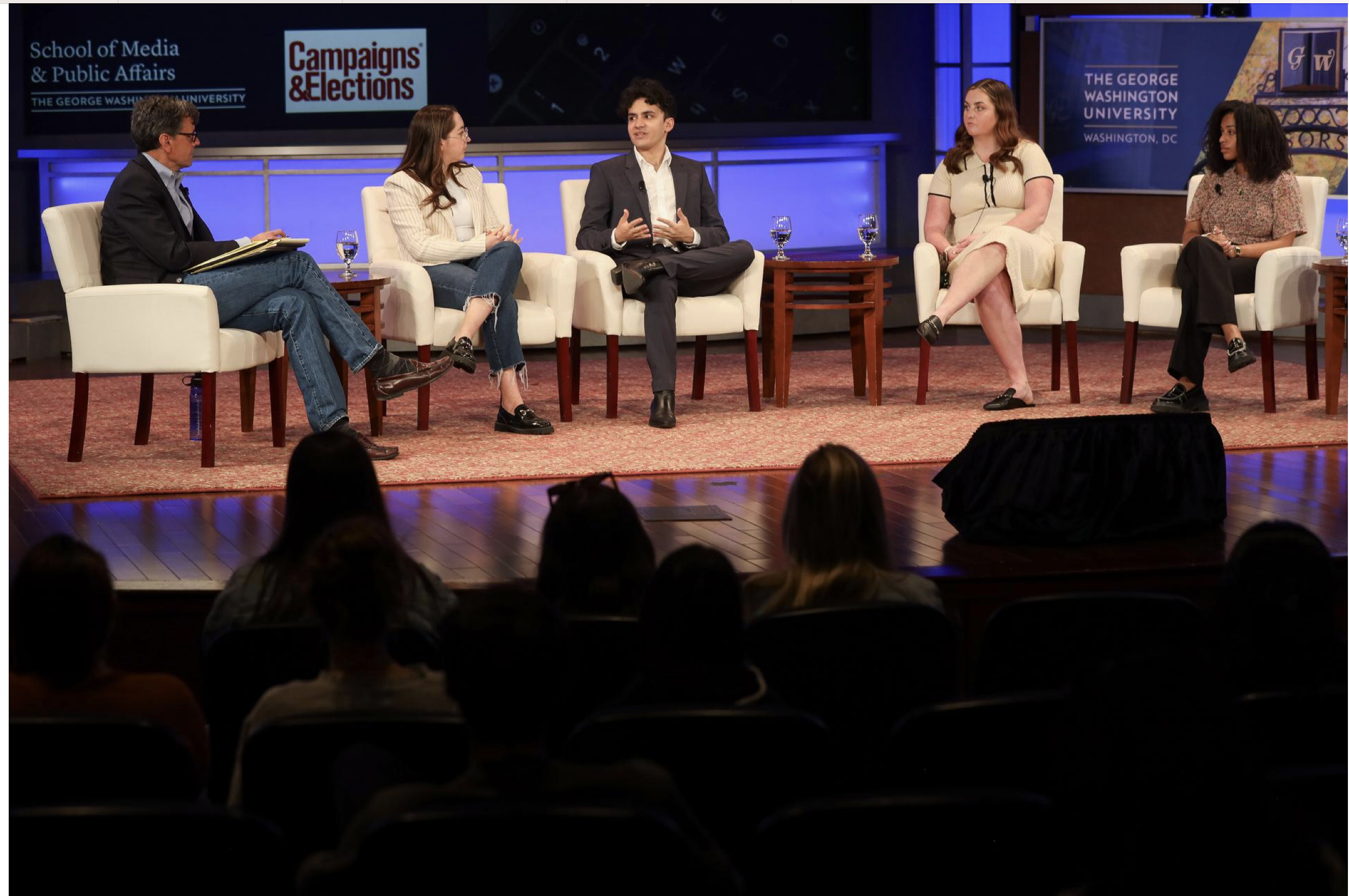Public debates are a cornerstone of democratic political campaigns, offering candidates a platform to present their policies, engage with opponents, and address voter concerns. These events play a crucial role in shaping public perception and influencing electoral outcomes. This article explores the significance of public debates in political campaigns, their impact on candidates and voters, and strategies for leveraging debates effectively.
Importance of Public Debates
1. Showcasing Candidate Platforms
Presenting Policy Positions:
Public debates provide candidates with an opportunity to articulate their policy positions and solutions to pressing issues. This allows voters to understand where candidates stand on key topics and compare their proposals.
Demonstrating Expertise and Knowledge:
Debates showcase a candidate’s expertise and knowledge on various issues. Effective responses and informed answers can enhance a candidate’s credibility and competence in the eyes of voters.
2. Engaging with Opponents
Highlighting Contrasts:
Debates allow candidates to highlight contrasts between their positions and those of their opponents. This comparison helps voters understand the differences in policy approaches and leadership styles.

Addressing Criticisms:
Candidates have the chance to address criticisms and counterarguments presented by their opponents. This can help clarify misunderstandings and reinforce their own positions.
3. Enhancing Voter Engagement
Stimulating Public Interest:
Debates often attract significant media coverage and public attention, stimulating interest in the election. This heightened visibility can lead to increased voter engagement and participation.
Facilitating Informed Decision-Making:
By presenting candidates’ positions in a direct and interactive format, debates help voters make informed decisions. Voters can assess candidates’ responses, demeanor, and debate performance to guide their choices.
Impact on Candidates
1. Strengthening Campaign Messaging
Reinforcing Key Messages:
Debates offer a platform to reinforce key campaign messages and themes. Candidates can use debates to emphasize their strengths and core policy priorities.
Addressing Weaknesses:
Debates also provide an opportunity to address any weaknesses or gaps in the campaign platform. Candidates can clarify their positions and counter negative perceptions.
2. Building Candidate Credibility
Demonstrating Poise and Confidence:
Performing well in debates can enhance a candidate’s public image, demonstrating poise, confidence, and leadership qualities. Strong debate performances contribute to a positive perception of the candidate.
Managing Pressure:
Debates often involve high-pressure situations with challenging questions and fast-paced exchanges. Successfully managing these dynamics can reflect positively on a candidate’s ability to handle complex issues.
3. Impacting Campaign Momentum
Influencing Voter Sentiment:
A compelling debate performance can shift voter sentiment and boost campaign momentum. Positive debate outcomes can lead to increased support and enthusiasm among voters.
Gaining Media Coverage:
Debates generate substantial media coverage, which can amplify a candidate’s message and increase visibility. Positive media coverage following a debate can enhance the overall campaign narrative.
Impact on Voters
1. Providing Comparative Insights
Evaluating Candidate Performance:
Debates allow voters to compare candidates’ performance, including their ability to articulate policies, respond to questions, and handle adversarial interactions. This comparative insight aids in making informed decisions.
Assessing Candidate Authenticity:
Voters can assess the authenticity and sincerity of candidates based on their debate performance. Genuine responses and consistent messaging contribute to a candidate’s perceived trustworthiness.
2. Encouraging Voter Participation
Increasing Voter Awareness:
Debates can increase voter awareness of important issues and candidate positions. This awareness can motivate voters to participate in the electoral process and exercise their right to vote.
Fostering Political Engagement:
Debates can stimulate political engagement and discussion among voters. By presenting contrasting viewpoints and policy proposals, debates encourage voters to engage in conversations and debates about key issues.
Strategies for Effective Debate Preparation
1. Developing a Debate Strategy
Identifying Key Issues:
Candidates should identify key issues that are most relevant to voters and focus their debate strategy on these topics. Prioritizing important issues ensures that the debate addresses voters’ primary concerns.
Preparing Responses:
Thorough preparation involves developing clear and concise responses to anticipated questions and criticisms. Practicing answers helps candidates communicate effectively and stay on message during the debate.
2. Practicing Debate Skills
Engaging in Mock Debates:
Conducting mock debates with campaign staff or external consultants can help candidates refine their debating skills. Mock debates simulate real debate conditions and provide opportunities for feedback and improvement.
Improving Delivery and Demeanor:
Candidates should work on their delivery and demeanor, including body language, tone of voice, and engagement with the audience. Effective delivery enhances the overall impact of the debate performance.
3. Analyzing Opponent Strengths and Weaknesses
Studying Opponent Strategies:
Analyzing opponents’ past debate performances and strategies helps candidates anticipate their tactics and prepare counterarguments. Understanding opponents’ strengths and weaknesses allows for more effective debate responses.
Adapting to Debate Dynamics:
Candidates should be prepared to adapt their strategy based on the dynamics of the debate. Flexibility and responsiveness during the debate are crucial for addressing unexpected questions or challenges.
Conclusion
Public debates play a vital role in political campaigns by providing a platform for candidates to showcase their policy positions, engage with opponents, and enhance voter engagement. Effective debate preparation, strategic messaging, and strong performance can significantly impact a campaign’s success and influence voter decisions. By leveraging debates as an opportunity to present their vision and connect with voters, candidates can strengthen their campaign and increase their chances of electoral success.
